Posts by Adam R. Jensen
Solar Energy Systems in Denmark
- 18 January 2024
The Danish Agency for Data Supply and Infrastructure (Styrelsen for Dataforsyning og Infrastruktur - SDFI) recently released a dataset of all the solar energy plants in Denmark. The dataset consists of polygons of all the PV plants and solar thermal district heating plants. The initiative is described in more detail here
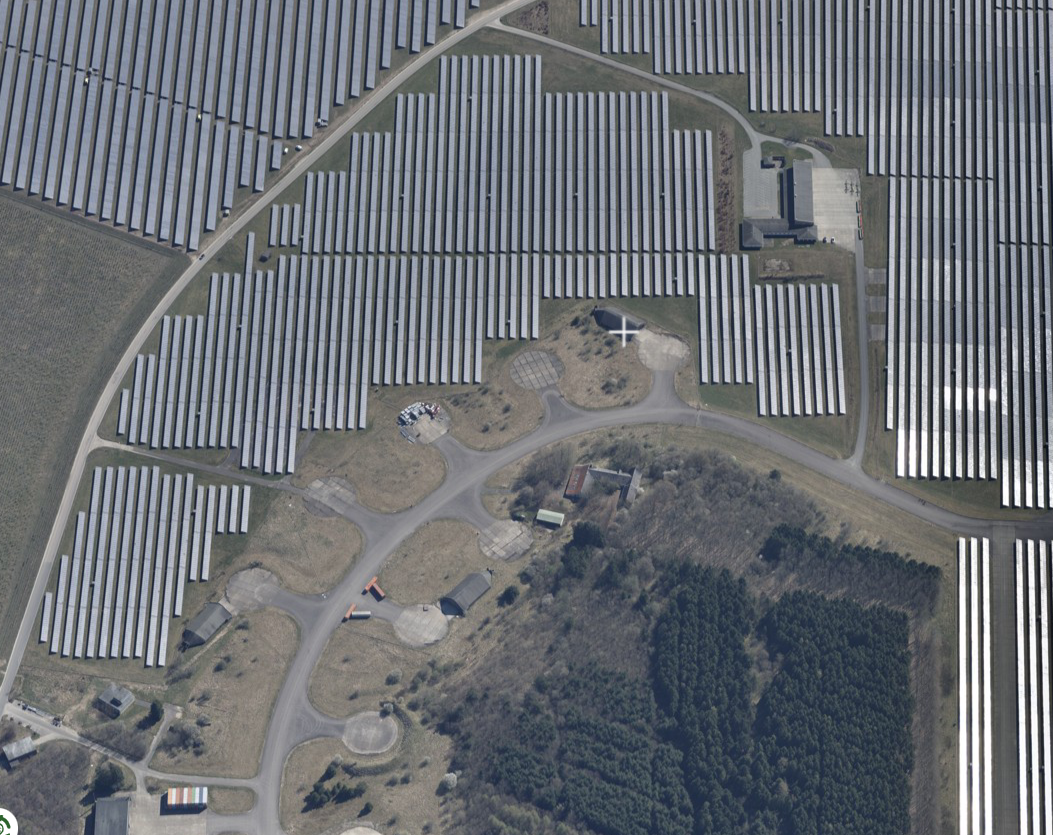
District heating areas in Denmark
- 14 April 2023
This blog posts demonstrates how to generate a map of the district heating areas in Denmark. Pretty expansive coverage don’t ya think?
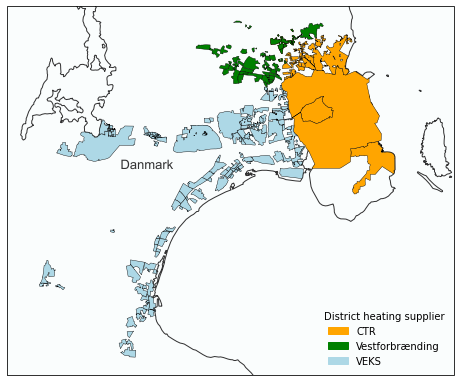
Earth as a Rubik’s cube
- 31 January 2023
For years I’ve had this idea of making a Rubik’s cube where the tiles make up a map of the Earth. The idea goes along with my fascination with making maps and the plethora of map projections available.
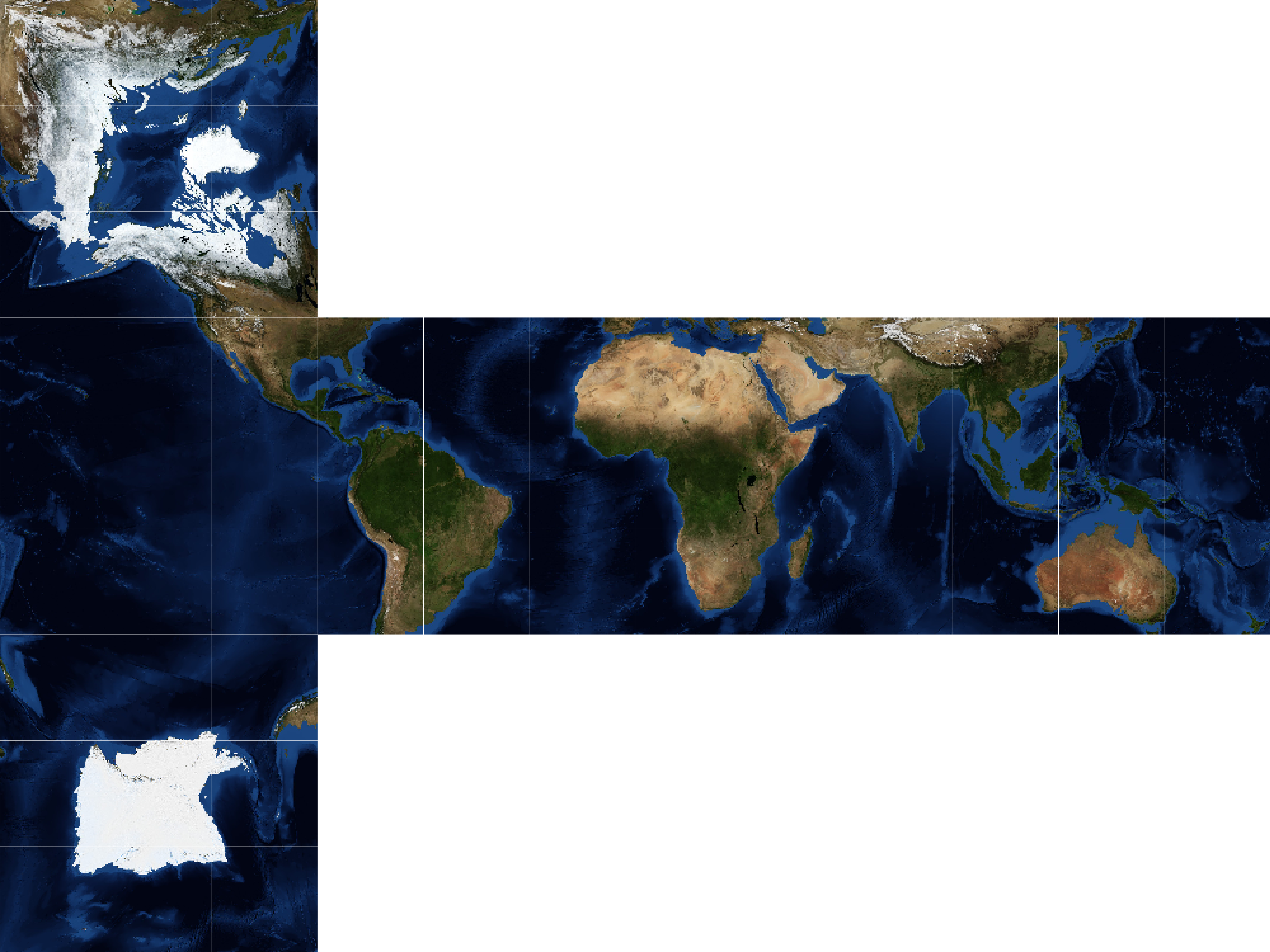
Blue Marble Map Background
- 30 January 2023
NASA compiles some of the best photos of the Earth, which makes for very nice map backgrounds. This blog post demonstrates how to access these photos and apply them as a map background.
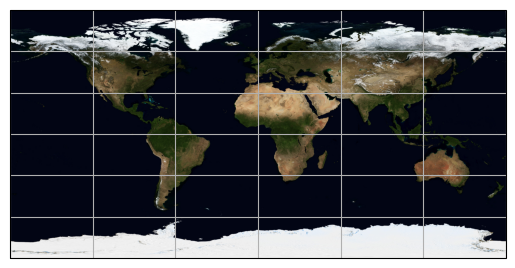
Animation of two-axis tracker shading
- 09 November 2022
In this blog post I’ll show how to create an animation demonstrating self-shading of a two-axis tracker within a solar collector field.
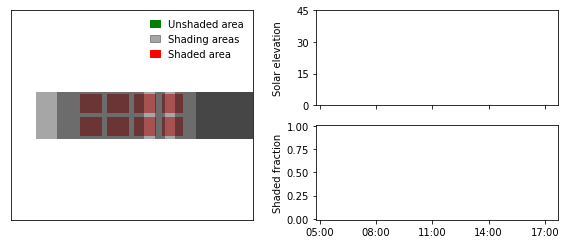
DMI API Tutorial
- 22 February 2022
This tutorial gives an introduction on how to use the Danish Meteorological Institute’s (DMI) API to download meterological observation data (v2).
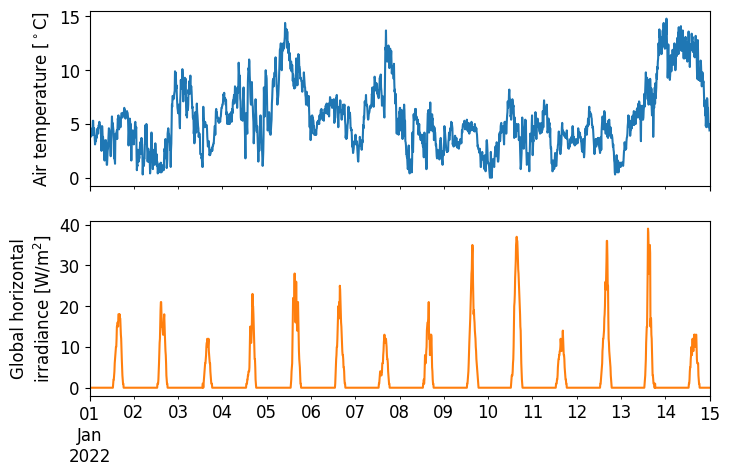
Satellite-derived irradiance maps
- 12 February 2022
Satellite-derived irradiance data has several benefits over ground-measured irradiance despite its lower accuracy. The main advantages include a large geographical coverage (continents), long-timespan (multiple decades), and low cost.
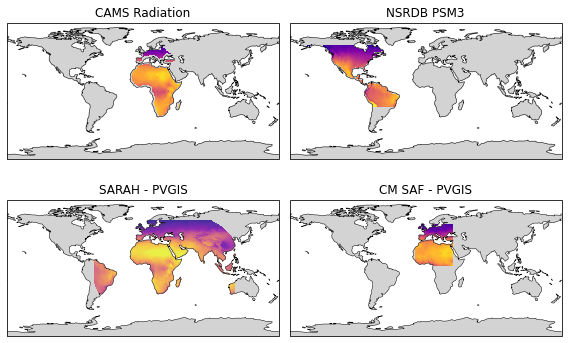
How to add an inset map with Cartopy in Python
- 06 January 2022
You know that small map that shows a zoomed-in view of a part of a bigger map? Well, it’s called an inset map, and according to Wikipedia:
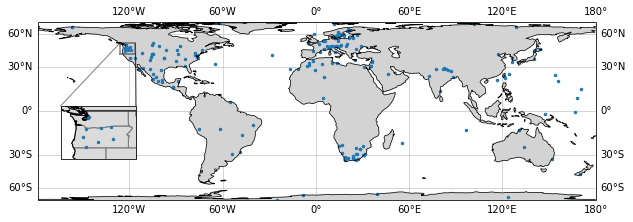
Overview of solar radiation monitoring stations
- 23 September 2021
Ground-measured solar irradiance data is extremely valuable and critical for benchmarking solar radiation products and understanding the long-term trend in the radiation budget. However, there are only a few hundred high-quality stations globally due to high costs and maintenance requirements. Currently, it is difficult to identify where the nearest solar radiation station is located, as there is no overview of stations worldwide. In this blog, I suggest solving this issue by creating a simple catalog/database of available high-quality radiation stations.
Fixing your git mess
- 27 August 2021
On a day-to-day basis I use GitHub Desktop due to its nice graphical interface and that my git skills are close to zero. Every now and then, I screw things sufficiently up that I don’t know how to fix it and sometimes I don’t even know how I ended up there. At this point, I really just want to go back in time to when my code was working - which is the topic of this blog post.
Summary of Google Summer of Code with pvlib
- 22 August 2021
The coding period of this year’s Google Summer of Code (GSoC) is officially over, and it’s time to take a step back and evaluate the experience. For those of you who might not know, I’ve been working on extending pvlib’s iotools for the past 10 weeks, which I described in this blog post.
Staying safe on GitHub
- 02 August 2021
Hardcoding credentials such as passwords are often tempting but almost always a bad idea. This is especially true if you are hosting your code on public platforms like GitHub for anyone to peruse. But what can you do?
Virtual environments cheat sheet
- 19 July 2021
This cheat sheet will cover the basics of conda environments, though the general workflow is similar for other types of virtual environments.
pvlib - a one-stop source for solar resource data
- 10 June 2021
This title at least represents the aim of my Google Summer of Code (GSoC) project that I will be completing during the next 10 weeks. In short, I’ll be extending pvlib python’s current iotools functionalities to provide users with easy and standardized access to all major open-source solar resource databases.
